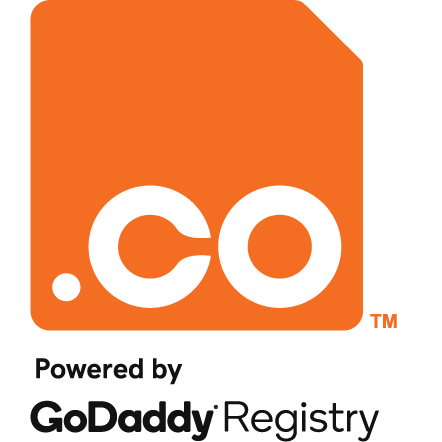Starting your own business can be exhilarating. From naming your business to designing your logo, much of the process will put your creativity and boldness to the test. But then there are the less glamorous but necessary tasks, like financial decisions and legal steps, that must be done. Either way, it’s a rewarding experience packed with lessons you’ll never forget. To help you get started, here are the essential steps to start a business:
Delve into market research. Researching your industry and competition will inform you whether foraying into this opportunity is a good idea in the first place. You will learn about the type of customers you want to target, and get to know your existing competitors as well. You can use this time to figure out how your business will be better and different, and find your company’s competitive edge.
Write your business plan. Once you have a good grasp of the market, you can start drafting your business plan. Think of it as a roadmap to guide you through each stage of launching and running a company. It will help you think about the key elements of your business, from how you structure it to how you will fund its future.
Secure some small business funding. The reason why writing your business plan is so critical is because it will help you determine how much capital you will need to start and sustain the business. You can bootstrap with your own savings, or seek external sources for a loan. From taking on a cofounder to local grants, there are more ways than ever to find the right funding.
Choose a business structure. LLC? LLP? Corporation? Nonprofit? Selecting the right business structure is important because it will affect taxes and how much of your personal assets are at risk. Choose a structure that strikes the right balance between benefits and legal protections.
It’s time to name your business. You will have to once again delve into market research and make sure the business name isn’t already in use. Most importantly, make sure you pick a name that reflects your brand and what you stand for as a business. Keep it short, memorable and double check to ensure the matching domain is available.
Location, location, location. If you are setting up a brick-and-mortar shop, your business location will be among the most important decisions you make. Consider foot traffic and whether the local demographics align with your product or service offerings.
Launch online. You have to find your company’s first physical address as well as its first web address. Securing the right URL will affect how well your business performs online. Here are some tips on selecting the right domain, as well as simple SEO strategies to help your new business gain visibility on the web. Whether you’re renting a corner office space, or purchasing a domain, make sure you invest in a digital footprint that can grow with your business. Domain extensions like .co, are globally recognized, trusted and general enough to withstand the test of time.
Register your business. Once you’ve found the perfect name you can register your business and make it a legal entity. This will protect your brand–and your personal assets. Registering your business will help you leverage personal liability protection as well as legal and tax benefits. Your business structure and location will determine whether you’ll need to register on the federal or local level.
Apply for licenses, permits and tax IDs. Depending on your industry and location, you will likely need to apply for licenses and permits from both federal and state agencies. Whether you run a restaurant, nail salon or an accounting agency, make sure you are legally compliant at every level. You also have to apply for tax IDs, also at the state and federal level. Your state tax ID and federal tax ID will enable you to take critical steps in growing your business, like paying taxes.
Open a business bank account. Your tax IDs will also allow you to open a bank account for your business. Depending on how you operate, you might want to open a checking account, savings account, business credit card and merchant services account. These options can offer more benefits than a personal account, such as protection of your personal assets as well as more purchasing power. Opening a business bank account is a milestone in your entrepreneurial journey, as it marks the fact you’re ready to start accepting and spending money on behalf of your business. And to think you’re just getting started!





